Introduction to dbt
$499.00 Original price was: $499.00.$250.00Current price is: $250.00.
what you will get
- In-depth video lectures covering all course topics
- Interactive exercises and quizzes to test your knowledge
- Access to industry expert teaching assistants
- Peer-to-peer discussion forums and study groups
- Discounts on future courses and certifications








